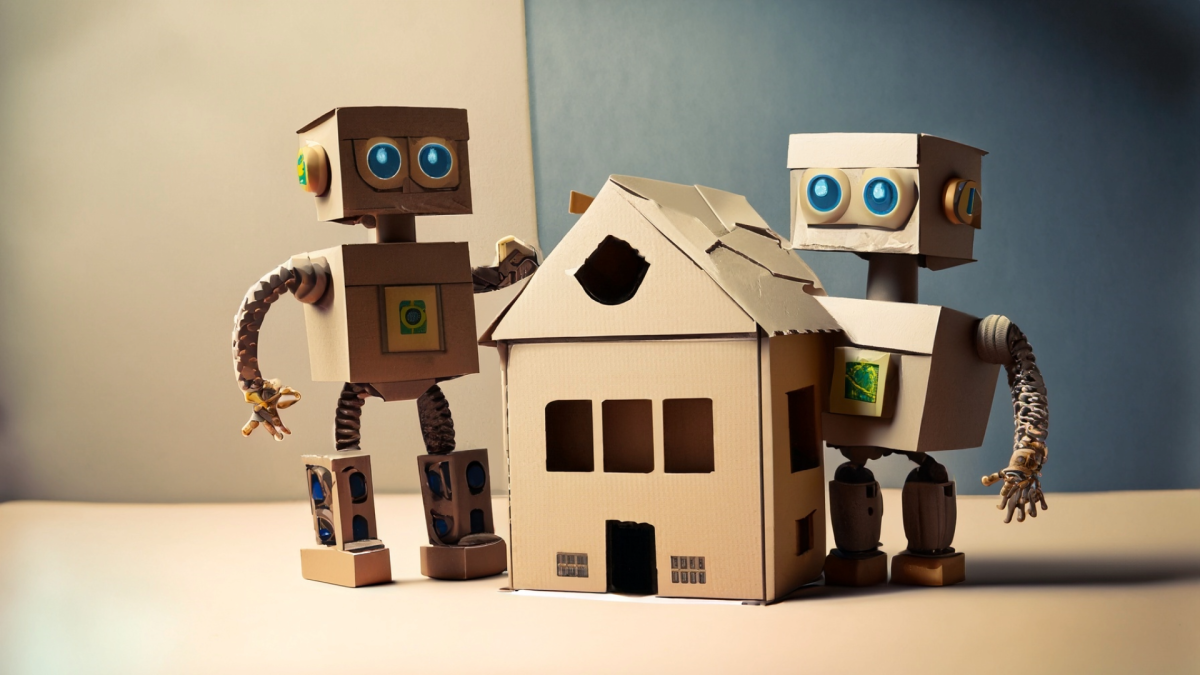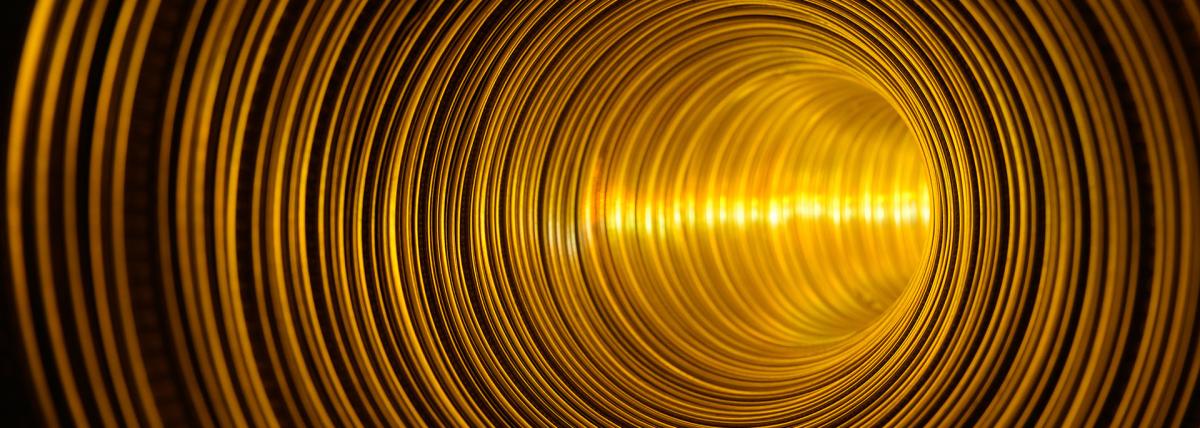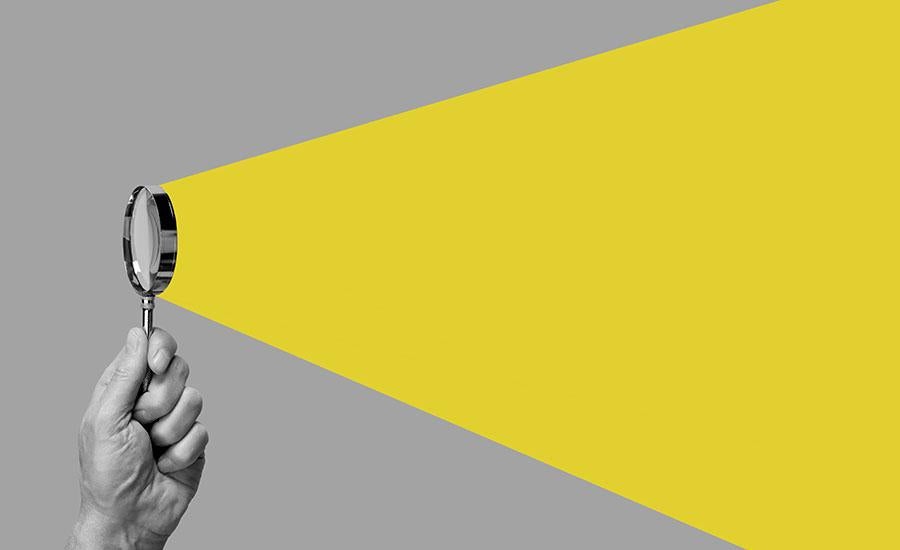
This lesson plan is about structures that are balanced using tension forces. Students will create their own tensegrity structure that will withstand a predetermined amount of weight. Students will

This lesson plan is about structures that are balanced using tension forces. Students will create their own tensegrity structure that will withstand a predetermined amount of weight. Students will

In this lesson students will use the Engineering Design Process to create a working foosball table. Students will also code a Micro:bit that they will use to keep score between the two teams.

Students use test strips and research to solve the issue of a fish death in our classroom tank. This would also work well for the initial setup of a tank. Students see a tangible, observable, real

Get your students up and moving! Together, you and your students will move and create a model of the solar system. Your kinesthetic learners will love this lesson! The solar system comes to life

Students will learn the history of rainsticks. They will engineer and design their rainstick. Students have to figure out how much rice, beans and corn goes inside to make the sound of rain. Finally

Students use an interactive map and ArcGIS software to analyze the impacts of climate change on global populations.

Students have the opportunity to explore solar energy and the engineering process by creating solar ovens. This lesson integrates communication skills, the engineering process, data collection, and

Students measure the temperature of water as it cools to learn about heat transfer and thermal properties while using line of best fit, linear regressions and/or quadratic regressions.

A lesson to teach students how to collect, organize, interpret data, make inferences, raise awareness, and suggest possible solutions on the water quality of the waterbodies in the state of Arizona.